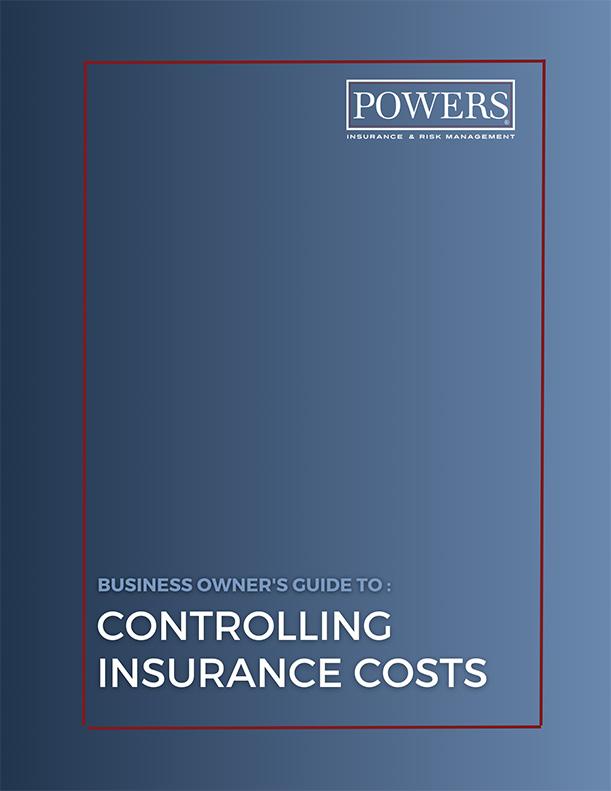On November 8th, 2022, Missouri became the 21st state in the US to legalize recreational cannabis.
As Amendment 3 went into effect on December 8th, 2022, cannabis business owners must understand updated rules and regulations that may impact their various insurance policies, how they operate their business, and manage their employment staff.
Below, we’ll discuss everything you need to know about Missouri’s new recreational cannabis laws, specifically medical marijuana patients, and how employment practices liability insurance (EPLI) is as crucial as ever for business owners.
Amendment 3’s Fine Print for Cannabis Operators in Missouri
The headline of Amendment 3 is that recreational cannabis is legal. Naturally, there’s much more to this law than adults 21 and up can now legally purchase and consume marijuana.
What does this mean for business owners now that Amendment 3 is a reality and medical marijuana consumers are a protected class? In short, the protection of the medical marijuana cardholders and the ability to discipline recreational cannabis users within the workplace.
Amendment 3 is making a big splash for several reasons such as the;
- Automatic expungement for individuals convicted of past non-violent marijuana crimes
- Sales tax revenue to support programs for military veterans
- New license applications for minority and low-income entrepreneurs
- Employment protections for those with a medical marijuana certification card. Most significant in terms of impact to employers
Significant Changes For Employees With a Medical Marijuana Card
Whether you operate a cannabis cultivation business or a florist business with a greenhouse in Missouri — prior regulations allowed business owners to discipline employees regardless of their medical marijuana patient status.
However, updates within Amendment 3 highlight specific rules that protect employees that have a valid medical marijuana card. Below, we’ll highlight the protections for employees with a valid medical marijuana card and what is not covered under Amendment 3.
Employment Protections for Valid Medical Marijuana Users
- “the person’s status as a qualifying patient or primary caregiver who has a valid identification card, including the person’s legal use of a lawful marijuana product off the employer’s premises during nonworking hours.”
- “a positive drug test for marijuana components or metabolites of a person who has a valid qualifying patient identification card,” unless the individual is excepted from coverage under an enumerated exception.”
As you can see, termination based strictly on using medical marijuana outside the workspace is illegal and can result in a lawsuit. Furthermore, a drug test that shows a positive for THC is no longer a valid reason to terminate employment.
With this in mind, it’s crucial to have employment practices liability insurance (EPLI) coverage and a complete understanding of these new exceptions.
Exceptions That Remove Employment Protection For Medical Marijuana Users
Although employees with a valid medical marijuana license are protected under the previously mentioned exceptions, multiple instances or actions void the recently updated defense.
Below, you’ll find reasons why employees with a valid medical marijuana card can be disciplined or terminated legally:
- Employees under the influence or possessing cannabis at work can be terminated or disciplined.
- Suppose the employer works under a federal contract or has a licensing exception. In that case, the employer can discipline or terminate employees who use medical marijuana if it jeopardizes monetary or licensing benefits under federal law.
- Employment protections do not apply to “an employee who is in a position where the legal use of marijuana will affect their ability to perform job-related responsibilities or the safety of others.”
Significant Changes For Recreational Cannabis Users
One of the most surprising aspects of Amendment 3 is its lack of protections pertaining to employees who consume or possess recreational cannabis.
Although the key ruling of Amendment 3 is to make cannabis recreationally legal — it allows employers to enforce disciplinary actions against employees who consume or possess cannabis.
Employees Can Be Disciplined Under These Circumstances:
- Workplace cannabis possession or consumption
- Under the influence of cannabis while at work
- Driving while under the influence of cannabis
Ultimately, it’s recommended to have employment practices liability insurance (EPLI) coverage in place to protect your cannabis business from unwanted employee lawsuits that claim wrongful termination.
Updating Your Current Drug Policy To Remain in Compliance With Amendment 3
As you can see, your existing workplace drug policy is likely outdated with the rise of Amendment 3.
The most significant and most notable change relates to employees who hold a valid medical marijuana license. However, there are exceptions to the new rule, and they must be outlined in your updated workplace drug policy.
Additionally, rules must be established regarding employees who participate in recreational cannabis. Furthermore, if your cannabis business receives monetary or licensing benefits under federal laws, such as DOT (Department of Transportation), marijuana testing is allowed.
How Does Amendment 3 Affect Your Current Insurance Status For Your Cannabis Business?
Amendment 3 has brought about a significant change in workplace drug policies.
Before Amendment 3, employers could terminate contracts based on positive THC drug test results — regardless if the employee in question had a valid medical marijuana card or not. Now, employees with a medical marijuana card cannot be terminated or discriminated against if they test positive for cannabis or consume marijuana outside of work.
If your cannabis business continues to operate under outdated workplace policies, you run the risk of a lawsuit. Lawsuits, such as discrimination, invasion of privacy, or wrongful termination, are expensive to defend.
In any case, employment practices liability insurance (EPLI) coverage can assist covering claims if these issues arise. Ultimately, if your insurance policy did not include EPLI before — you may want to reconsider, as Amendment 3 drastically changes employee rights in the workplace.
As a cannabis business owner or operator in Missouri, it may be time to consult with Powers Insurance and Risk Management.
By leveraging the experience of the Powers Insurance and Risk Management professionals, you’ll be equipped to navigate the nuances of Amendment 3 and everything it brings to the cannabis industry in Missouri.





